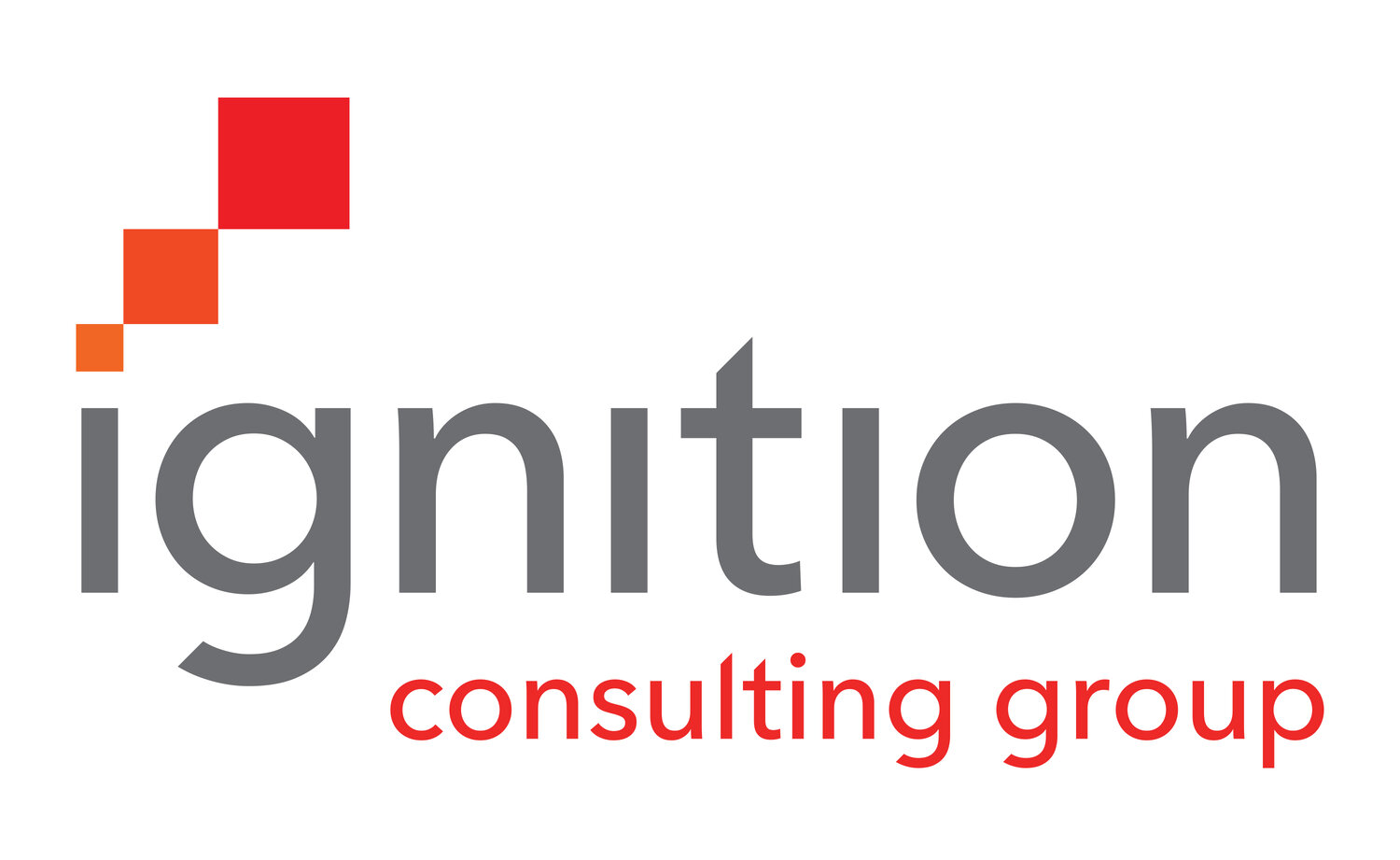Answering Questions About Value-Led Pricing
By Tim Williams
Most agencies would say their clients are notoriously price-sensitive and obnoxiously picky about their monthly invoices. But let’s remember it’s the buyer’s job to question prices; they want to make sure they’re getting fair value for the money they’re spending with your firm.
The most troublesome and contentious questions about billing are almost always around the question of agency hours. “Why did this take so many hours?” or “Can’t this be done in less time by fewer people?” The solution here isn’t to train your people to be better prepared for answering questions about hours, but to change the conversation you’re having in the first place.
Enlightened agencies have moved from selling inputs (hours) to selling outputs (deliverables) and/or outcomes (results). They are effectively changing the conversation with their clients. This doesn’t happen overnight. The agencies that have made this transition have carefully schooled their front-line people in a new line of questioning, arming them with the answers they need to frequently-asked questions about value-led pricing.
Because this change starts from the inside out, it’s essential to provide your teams with good answers to good questions. Here is Ignition’s curated collection of some of the most effective answers to FAQs from your own team:
Q: Does our new pricing strategy work better on some types of clients than others?
A: Progressive pricing methods are meant to apply to all types of clients, but it’s often easiest to start with smaller, less complex organizations. Over time, though, the goal is to apply this pricing strategy to every one of our clients – new and existing.
Q: Does value-led pricing apply to everything, including one-off projects?
A: Yes. As we apply this new pricing strategy and move away from cost and billable hours to outcomes, the ideal is to apply the value-led pricing model to everything we do.
Q: Isn't there some kind of rule (government regulation, company policy) that requires us to track our time?
A: No. Many forward-thinking agencies have already dropped the practice of tracking time. And some of us who have been in the business longer than we care to admit can remember when we didn’t track our time.
Q: How will our new pricing approach impact account teams?
A: Language is a key part of this new approach, so using the word “price” instead of “cost” or “estimate” is an important evolution in our nomenclature internally and externally with our clients. But this isn’t just about semantics. We are already starting to provide our clients pricing options based on various combinations of outputs. Account teams are learning how to create these different bundles and present them effectively to our clients. We are implementing training to help our people understand how to implement changes that will impact our client conversations.
Q: How will the new pricing approach impact project management?
A: The biggest change to our project management process is that we will be managing actual scope (project milestones and specific outputs) rather than time and hours spent. Generally speaking, our new approach to pricing will require even better scope definition on the front end and better scope management on the back end. It also gives us greater flexibility to staff however we see best to get the job done. The way our compensation is structured now—especially for clients on a rate card—we are often restricted on who we can put on a project. With clients less focused on individuals, rates and billable hours, we can focus less on tracking hours and more on getting effective work done by the most appropriate people.
Q: How do I manage clients who have a strict procurement process?
A: It’s important to understand each brand’s procurement process and to right-size how we approach clients with our value-led approach. The most important place to start is by infusing the language of value into the conversation and in written communications such as RFP responses. Make sure you precede all discussions about Scope of Work with a detailed discussion of Scope of Value. This means working with your clients to assess their key business problems and determine if there’s another way to approach pricing for either all or part of the assignment.
Q: Won't this approach to pricing put us at a disadvantage in situations where prospective clients are trying to compile like-for-like information from agencies?
A: No. When marketing clients and their procurement partners compile like-for-like information, they are trying to pit competing agencies against one another in an effort to drive cost savings. When we are confident in the value we are bringing to our new and existing clients, our partnership is stronger because we are giving them quality solutions that are helping to solve their critical business needs. The conversation shifts from cost to value. The agency that is able to prove value through innovative pricing is at an advantage because they are no longer part of the procurement price reduction battle. We are a partner to help drive business results.
Q: Why are we doing this now?
A: Focusing only on hours and staffing as our revenue model is not the pricing path we want to stay on. The input-based revenue model agencies have traditionally followed is not allowing us to reach our financial potential. Many of our clients want more innovative compensation approaches. Now is the right time to look for new pricing opportunities and diversify our revenue portfolio.
* * *
Once your internal team develops the knowledge and self-confidence they need to talk about pricing in a different way, they will be able to have much more meaningful and productive pricing conversations with your clients.


